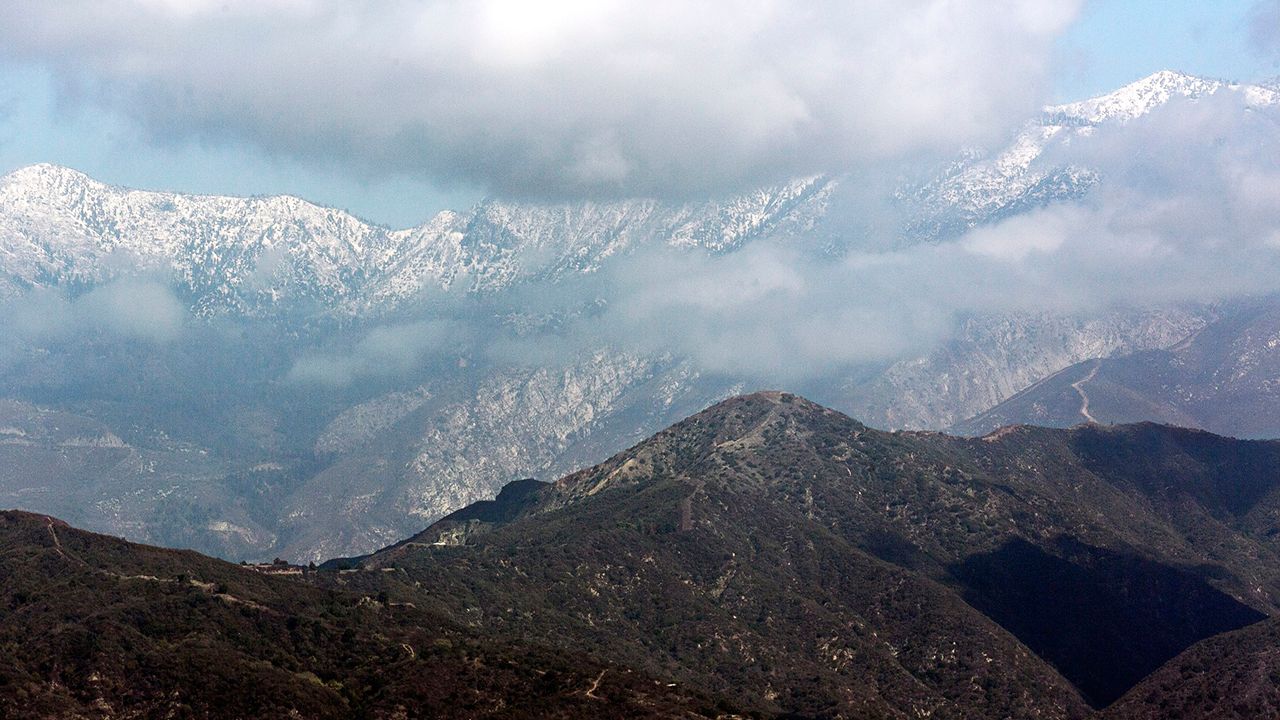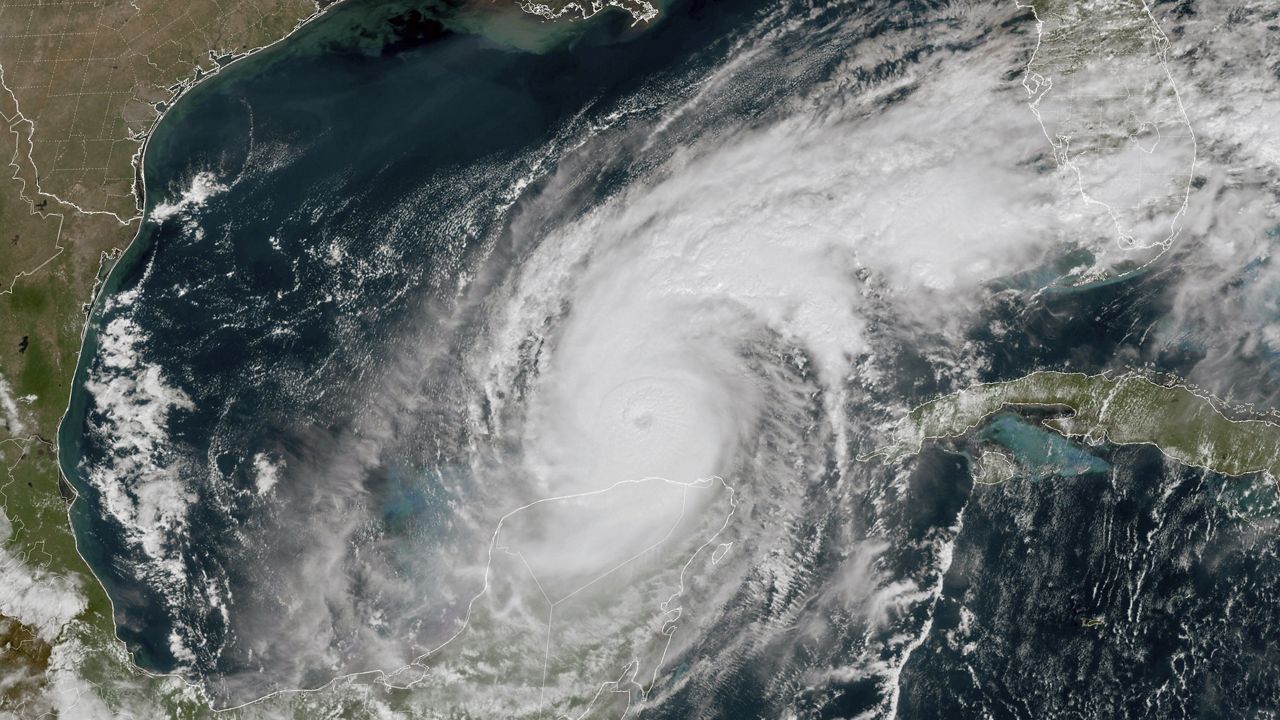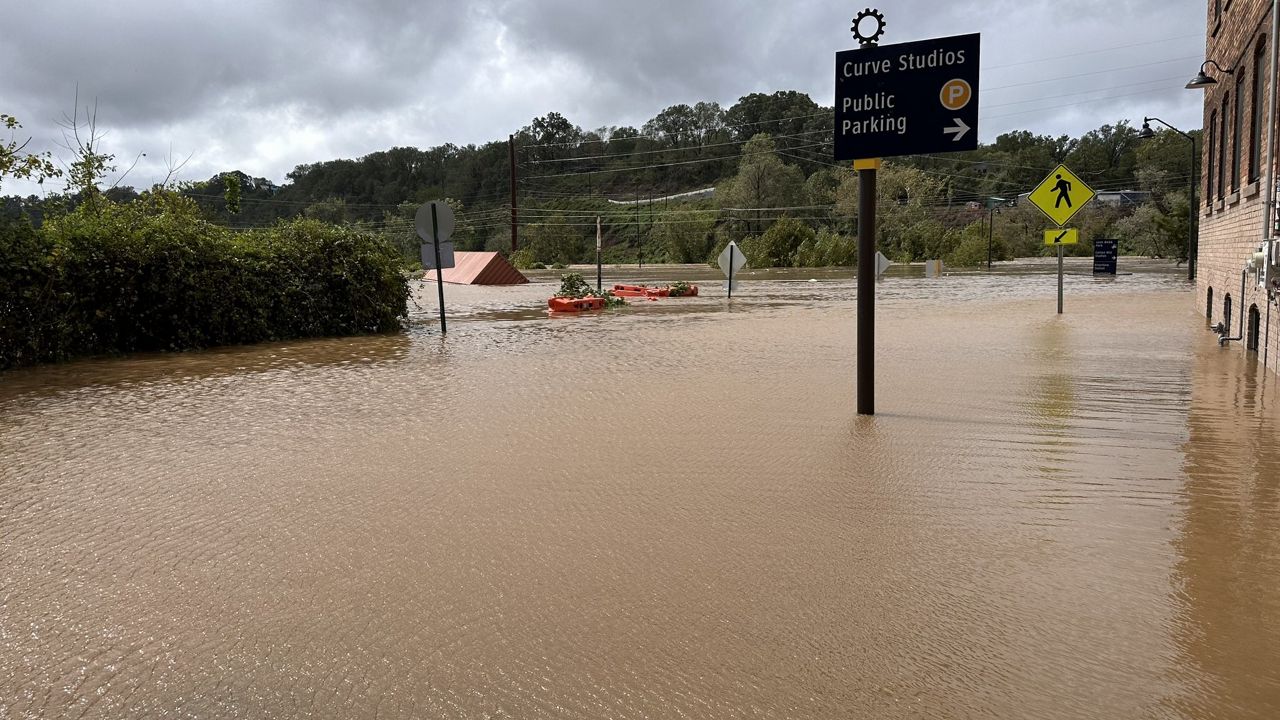The 2020 Atlantic hurricane season is speeding through the list of storm names this year. For the second time in history, the 21 names from the regular list have been exhausted.
This also occurred in 2005, when the “overflow” Greek alphabet was used. However, there are a few unforeseen circumstances this time around.
First, in 2005, the hurricane season entered the Greek alphabet near the end of the season when hurricanes typically don’t strengthen to the point where, if it made landfall, the chance is low that the Greek letter would be retired.
This year, we “went Greek” mere days after the *peak* of hurricane season. According to the calendar, many of the notorious storms (whose names have been retired) fall within this active time frame. Surely, the odds are in our favor of a Greek letter named storm getting retired.
Or is that even possible?
The World Meteorological Organization (WMO) is the governing body who decides the storm names for all the world’s oceans, with input from the “member states” [nations], of which the USA is one.
Here’s their statement regarding the matter of retiring storm names:
"It is through consensus opinion of the members (or the majority, if required) during the session of the WMO Regional Association IV Hurricane Committee immediately following that season, that the name would be withdrawn from the active list.
The Hurricane Committee annual session in 2006 discussed the use of the Greek alphabet for hurricane naming, and whether a Greek alphabet name should be retired as done for a regular name when it meets the criteria for retirement.
The Committee felt that the use of the Greek alphabet was not expected to be frequent enough to warrant any change in the existing naming procedure for the foreseeable future and therefore decided that the naming system would remain unchanged and that the Greek alphabet would continue to be used.
In this connection, the Committee also agreed that it was not practical to “retire into hurricane history” a letter in the Greek alphabet. It therefore decided that if a significant storm designated by a letter of the Greek Alphabet, in either the Atlantic or eastern North Pacific Basin, was considered worthy of being “retired”, it would be included in the list of retired names with the year of occurrence and other details, but that the particular letter in the Greek alphabet would continue to be available for use in the future”.
There you have it. If a large enough hurricane with a Greek letter name were to cause notorious damage in 2020 (I’m looking at you Beta), that letter wouldn’t be immediately retired. It would get the “Beta 2020” nomenclature and Beta would reappear again, for every following year that the main name list is exhausted.
Of course, the WMO Committee can change the rules if a member state provides enough convincing evidence to do so.
The second unforeseen circumstance regards the pronunciation of the Greek letter in other languages, specifically Spanish.
Last month, broadcasters around the country got a Spanish pronunciation reality check when Isaias was coming up the East Coast. Even with the help of video lessons from broadcaster colleagues who benefit from Spanish being their mother tongue, the non-native pronunciations were varied, many, confusing, and downright incorrect.
Well, this early season advantage for the native Spanish speakers in the broadcast community may come to an abrupt end. Alpha is pronounced Alpha. That’s no big deal, until we reach the 8th name, Theta.
The letter is a mere 5 storms away from possibly being used (at the time of this writing). In Spanish, Theta is read as “teta”, specifically in the Latin American dialect used on Spanish-American broadcasts. Teta is the derogatory word for breast.
To avoid this, some solutions include saying the slang “ceta” to mean the same word. But ceta, in Spanish, sounds like the pronunciation of Zeta, which is another actual storm name, two up on the list.
Because they’re so close in proximity on the list, there’s a good possibility that both Zeta and Theta will be churning somewhere in the Atlantic basin at the same time (knock on wood). How would a Spanish language broadcaster then differentiate the two? Time will tell.
Also, there’s the political effect of storm Eta in Spain.
Why would Spain care about the an Atlantic hurricane name? Well, that country just felt the effects of Subtropical Storm Alpha last week as it moved eastward from the Atlantic and across the Iberian Peninsula.
Europe gets tropical storms from the Atlantic once in a while, even if they are only partly hurricanes (e.g. medicanes). If Eta forms nearby, that storm name would take on a whole new meaning.
ETA was the name of Spanish terrorist group responsible for hundreds of deaths and thousands of injuries in that part of Europe. Isis was used as a storm name five times before it was pulled from rotation in 2015 due to its association with the terrorist group. Eta has a similar connotation for the Spanish.
What’s the solution?
There are a few. At the Spectrum News Spanish-speaking channel, NY1 Noticias, the news anchors intend to announce the Greek letter storm names with an English pronunciation. This avoids one unintended consequence.
What happens if all the Greek letters are used up this season too, from Alpha to Omega? There is no official protocol for storm naming beyond Omega. Let's hope that never happens.








